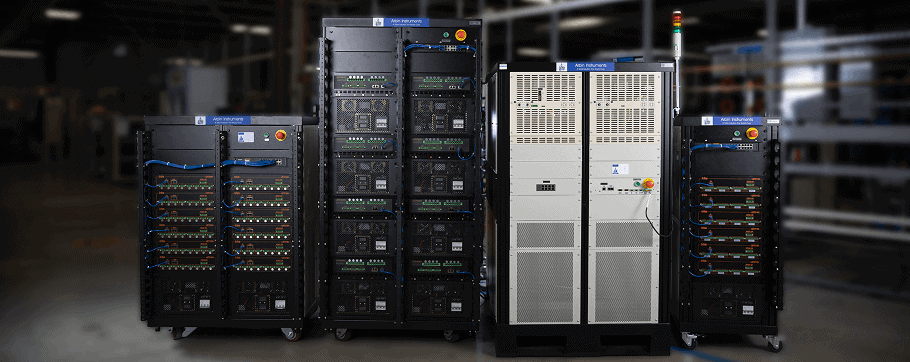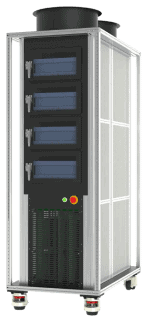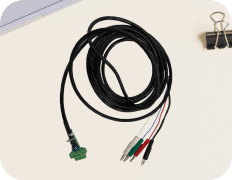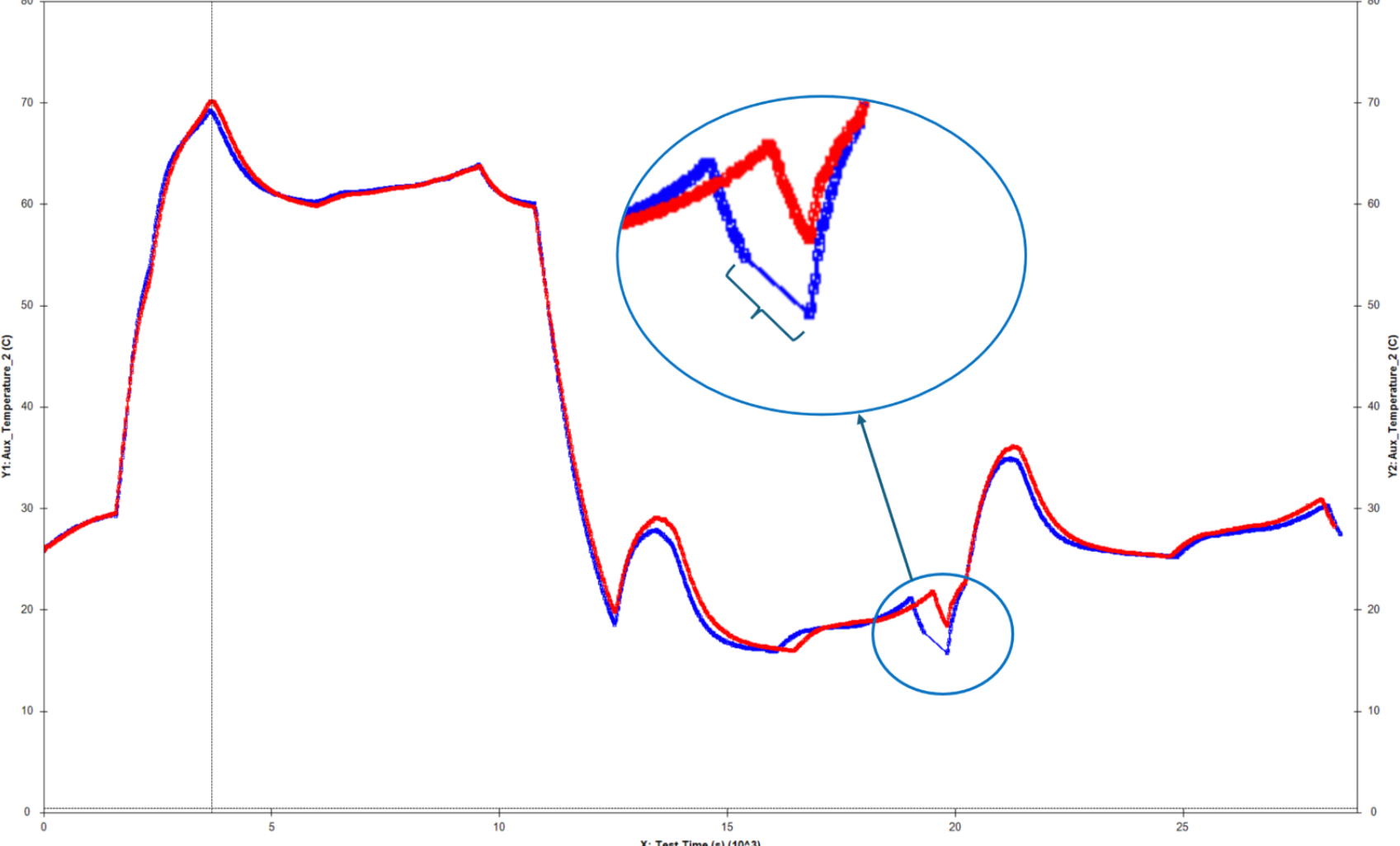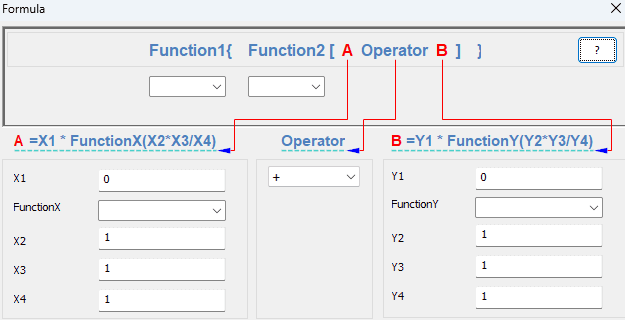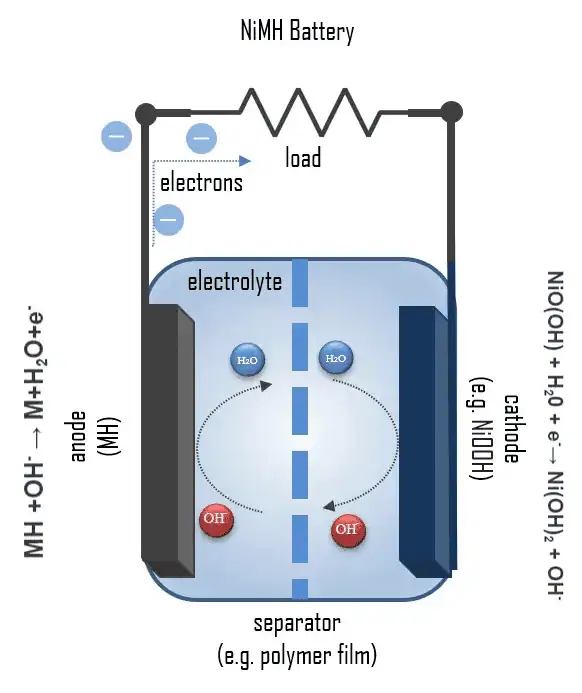Complete testing solutions
Welcome to our all-in-one solutions featuring Arbin's groundbreaking patents. For decades, Arbin's equipment has defined industry standards, enabling researchers and manufacturers to confidently advance energy storage innovation.

Cell, Module and pack battery formats are crucial for electrification in transportation and energy. Arbin Instruments' test equipment is designed for performance-based tests, to meet the needs of these complex formats.
RBT-Cell
High current cell testing solutions utilizing Arbin's regenerative technology for efficient and reliable testing.
LBTS-Cell
Arbin's next generation of high-precision solutions for a full range of cell testing applications.
LBTS-Cell High Volume
The perfect solution for high-volume testing. Ideal for incoming quality control and large-scale testing.
LBTS-MZTC
Turn-key high-precision cell testing solution integrated with Arbin’s patented Cell-Isolating Thermal Chamber
LBTS-Module
Equipped with Arbin's advanced circuitry for module and pack testing ranging from 20 V up to 100 V
All-in-One App that consolidates all testing functions into a single platform. Users can perform software upgrades, edit schedules, monitor tests, and analyze results-all within one application.
Smart Software Infrastructure Solutions
Fast Testing Control
Our infrastructure enables swift and precise battery testing, leveraging advanced algorithms and real-time monitoring. This drastically cuts down testing time while ensuring high accuracy, boosting efficiency and throughput.
Data Acquisition
With robust data acquisition capabilities, our system captures comprehensive battery performance metrics in real-time. Seamlessly integrating with various sensors, it ensures precise data collection for detailed analysis and reliable reporting
Data Treatment
Our data treatment tools offer extensive analysis and visualization. Users can interpret complex data with intuitive plots and charts, facilitating informed decision-making and uncovering performance trends or anomalies in battery tests.
Centralized Infrastructure
Unified platform for synchronized management, data storage, and control of multiple battery testing stations.
Distributed Infrastructure
Distributed testing infrastructure for scalable and flexible battery testing.
Standalone Station
Independent setup for localized battery testing with integrated data management and analysis capabilities.
MITS software receives raw data from the devices and conducts the essential processes of data cleaning, format conversion, and analysis to send to a centralized database infrastructure.
Accessories
MZTC Multi-Chamber
Arbin's MZTC provides up to 8 fully independent mini temperature chamber for cell testing.
Auxiliary System
Arbin offers a full complement of auxiliary modules to address further testing requirements.
Battery Holders and Racks
A variety of racks and battery holder are available for all cell types for an organized test environment.
Multi-Zone Open Rack
Battery holder system with open rack features four compartments for holding battery trays.

